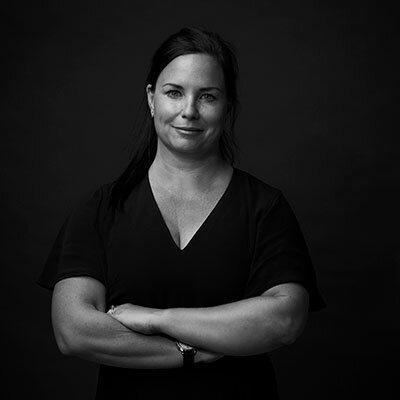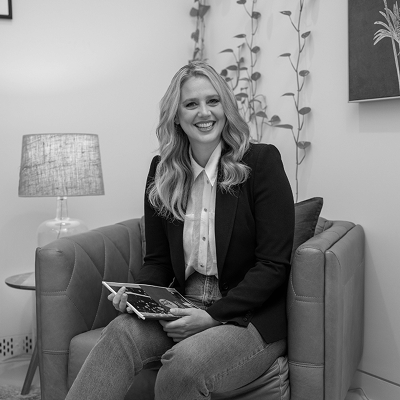
ASKING FOR A FRIEND
How can agencies make their mental wellbeing initiatives more effective?
ASKING FOR A FRIEND - QUESTION
Workplace wellbeing programmes should be a lifeline, not another item on your endless to-do list. Psychologist Tara Hurster and agency CEO Jasmin Bedir tackle the tricky situation when meditation sessions and Employee Assistance Programs start eating into work time, creating more stress instead of relief. From the "sharpen the saw" principle to having honest conversations about workload, discover practical strategies for making wellbeing initiatives work for you rather than against you. Sometimes the best mental health strategy isn't another breathing exercise – it's asking for help with an impossible workload.
Finding Balance: When Wellbeing Initiatives Add to Your Stress
When your workplace introduces wellbeing programmes like meditation sessions and Employee Assistance Programs, it should feel like a relief. But what happens when these initiatives start eating into your already packed schedule, creating more stress instead of reducing it?
This question was answered by Tara Hurster – Psychologist and Founder of The TARA Clinic – who specialises in practical mental health solutions for busy professionals, and Jasmin Bedir – CEO of Innocean Australia – who has implemented wellbeing initiatives in her agency. The discussion was hosted by Andy Wright – Founder of Never Not Creative.
The Sharpen the Saw Principle
Tara uses a powerful analogy to explain why taking time for wellbeing feels counterproductive: "You're walking through the forest, you find a guy that's huffing and puffing, trying to cut some trees down, and it's clear to you that his saw is blunt." When offered advice to sharpen his saw, the woodcutter responds: "Of course, I know that if I sharpen it, it'll be easier, but I don't have time to sharpen my saw."
The result? "Sure, he gets all of his trees cut and all the wood is cut, but it takes longer. It's harder. It's more stressful." Taking 10 minutes to sharpen the saw would make the entire process easier, even though it feels like lost time initially.
Think Smaller, Not Bigger
Rather than forcing yourself into lengthy wellbeing sessions, Tara suggests breaking things down: "Rather than an hour and a half yoga session at lunch, which I mean, I don't know very many people that have the time to be able to do that, we could do a 5 minute breathing exercise outside under a tree."
She recommends choosing one initiative rather than trying to do everything: "Rather than trying to do all of the things, just do 1 of the things or, you know, 1 of the things once a month rather than every day."
Address the Root Cause
Jasmin identifies a crucial point: "I read this that this person's stress seems to come from a shitload of work, which is also something that is life in our industry, right? People being walked into the ground."
When wellbeing initiatives feel stressful because of workload, it's time for a direct conversation: "I would encourage maybe again that you say something about your personal stress levels related to your workload and maybe that can be alleviated."
What Else Agencies Can Do
Beyond individual wellbeing programmes, Tara suggests systemic changes: "Having communication about the culture in the organization, having a review and a revisit of how work is being sort of stepped out... being able to provide perhaps some more training on how to delegate, how to let go, how to manage more effectively."
Andy notes that many leaders have good intentions, but "you've actually got to free up the management levels to be able to give them the power to say, yes, have a mental health day."
Remember, wellbeing initiatives should reduce stress, not add to it. If they're creating pressure, it's worth having an honest conversation about workload and finding smaller, more manageable ways to look after yourself. Sometimes the best wellbeing strategy is simply asking for help with an overwhelming workload.
our guests
Industry Leader

Jasmin Bedir
Innocean
Mental Health Expert

Tara Hurster
Host

